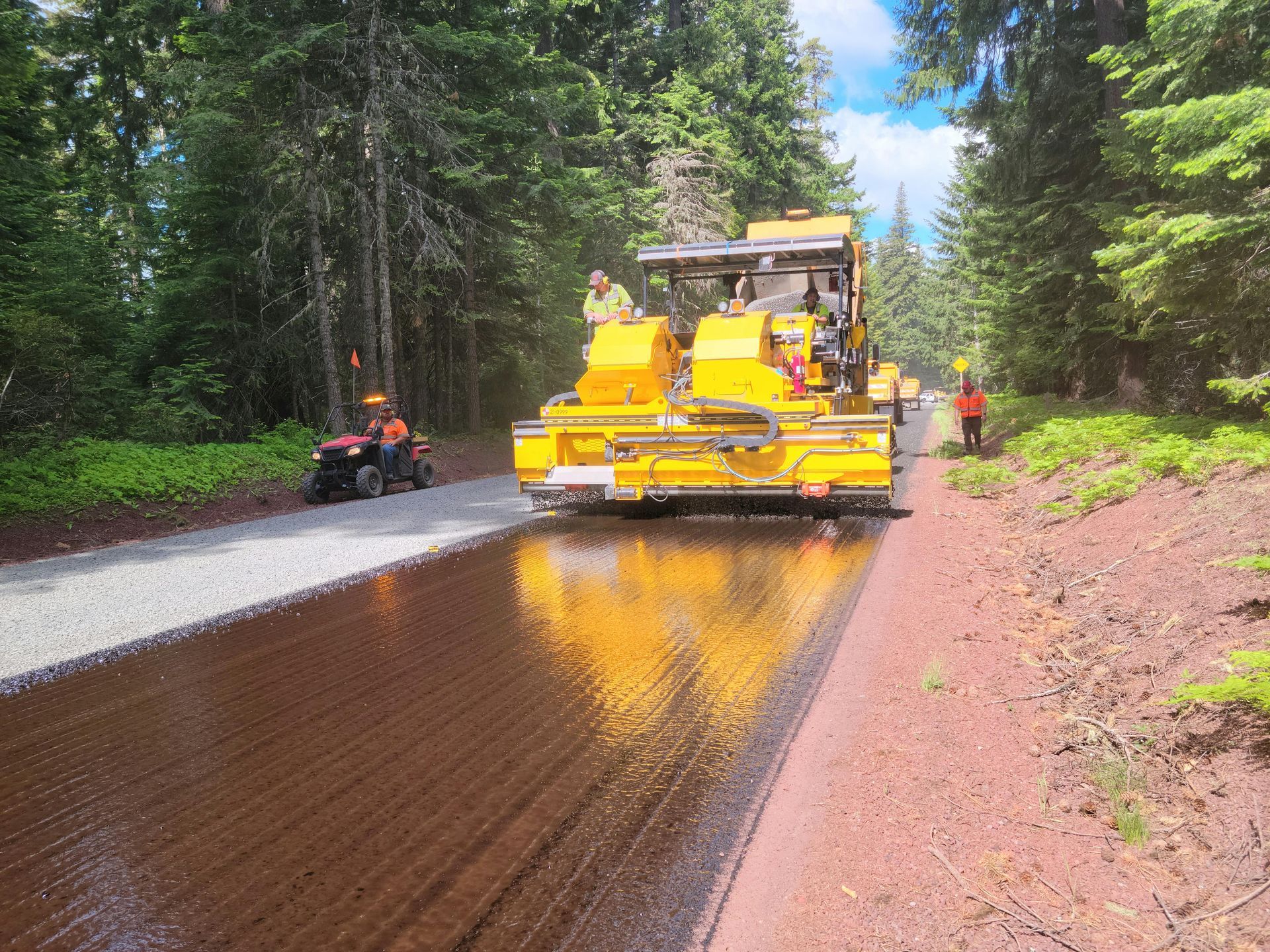Inverse Condemnation & Eminent Domain Lawyer – Tennessee and California

If the government takes your land or damages your property, you have the right to fight back. As an experienced inverse condemnation lawyer, Bill Koska represents property owners facing unjust takings, inadequate compensation, and long-term losses caused by city or state actions.
We help clients throughout Middle Tennessee, including Nashville, Columbia, Franklin, Brentwood, and surrounding counties, as well as California take legal action when government agencies or utility companies affect land use, value, or ownership—whether through formal eminent domain or indirect harm requiring a lawsuit.
Understanding Eminent Domain vs Inverse Condemnation
Most people know the term eminent domain—it’s when the government legally takes private land for a public purpose, like a new road or utility project, and pays for it.
But what if the government doesn’t formally condemn your land—just causes damage, blocks access, or renders it unusable?
That’s inverse condemnation, and it’s just as serious.
Inverse condemnation happens when:
-
Road work reroutes traffic and destroys your business
-
A drainage project floods your property
-
New zoning restrictions block all development use
-
A city grant of easement effectively strips access or utility
In these cases, the government hasn’t offered compensation—you have to sue to get it. That’s where we come in.
Legal Representation for Eminent Domain Cases
If you’ve received notice that your land is being condemned, don’t go into negotiations alone. We represent landowners in:
-
Challenging the fair market value of the offer
-
Contesting partial takings that devalue the remaining property
-
Fighting condemnations not truly for public use
-
Navigating condemnation procedures and appraisals
Government agencies may rely on appraisers who undervalue your land. We bring in independent experts and litigation experience to push for full and fair compensation.
Proven Results in Inverse Condemnation Claims
Our firm has deep experience handling inverse condemnation claims—some of the most complex real estate disputes a landowner can face.
We’ve handled cases involving:
-
Flooding caused by public infrastructure
-
Access roads eliminated by state construction
-
Utility easements that restricted private development
-
Permits or zoning changes that left land practically unusable
We understand the legal standards, the procedural requirements, and how to fight a city or agency that’s overstepped its bounds.
In one major case, our firm helped recover
tens of millions of dollars against a public entity in litigation that included elements of environmental harm and property devaluation—showcasing the firepower we bring when taking on government.
Serving people and businesses throughout and Middle Tennessee, including Columbia, Nashville, Franklin, as well as surrounding areas and California.
This is paragraph text. Click it or hit the Manage Text button to change the font, color, size, format, and more. To set up site-wide paragraph and title styles, go to Site Theme.
Working Through Bureaucracy to Get Results
Eminent domain and inverse condemnation claims don’t just happen in court—they involve navigating complex administrative processes and understanding local, state, and federal law.
We know:
-
How to file timely pre-litigation claims under the law
-
When and how to preserve your right to sue
-
What evidence is needed to prove loss of use or value
-
How to work with independent appraisers, engineers, and valuation experts
-
How to challenge government immunity defenses
With more than 40 years of experience going up against state agencies, cities, and corporate utilities, we know how to build a case that holds up—even when powerful entities are on the other side.
Don’t Let the Government Take Without Paying
If you’ve lost land, value, or use due to government or utility action—even if they never formally filed a condemnation—you may have a legal claim. We’re here to help you understand your rights, pursue compensation, and take on the agencies that caused the harm.
[Request a Case Review with an Inverse Condemnation Lawyer →]

FAQ
What’s the difference between eminent domain and inverse condemnation?
Eminent domain is a formal government taking with compensation. Inverse condemnation happens when your property is harmed or devalued without compensation, and you must sue to recover damages.
Can I sue the city if roadwork ruined access to my business?
Yes. If a government project blocks access or destroys your business’s viability, you may have an inverse condemnation claim. We can evaluate your situation.
What if the government offers me too little for my land?
You have the right to challenge the offer. We bring in independent appraisers and fight for the full value—especially if a partial taking damages the rest of your land.
Is there a deadline to sue for inverse condemnation?
Yes. There are strict time limits, often starting when the damage becomes known. Don’t wait—consult a lawyer as soon as possible.
Do you represent cities or landowners?
We represent both in different matters, but this page is focused on helping property owners protect their rights against government or utility actions.


